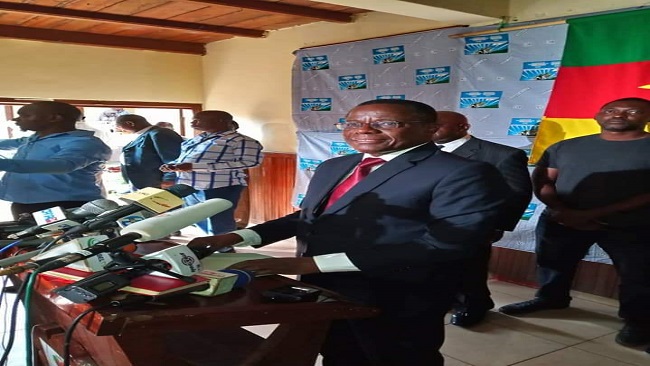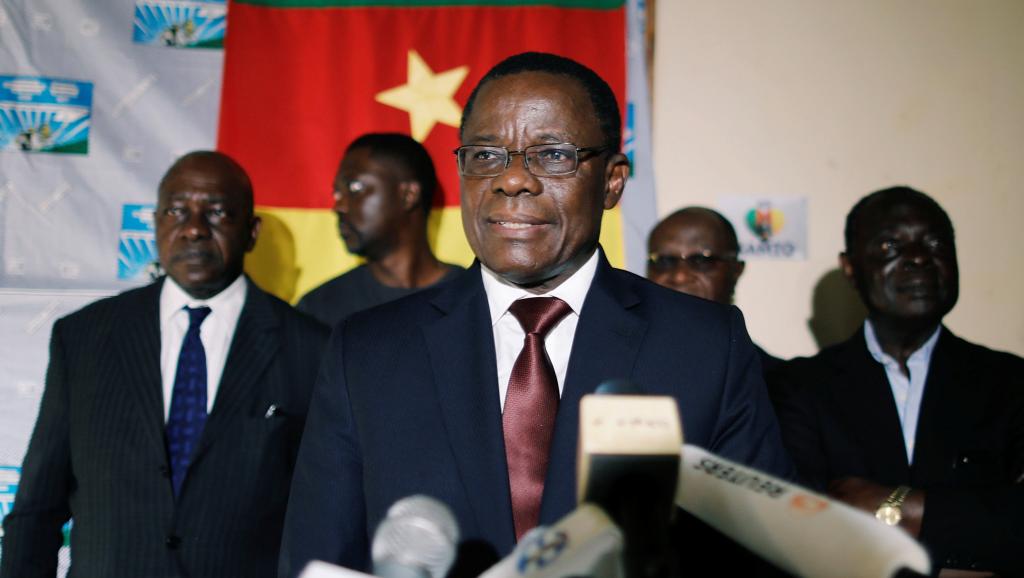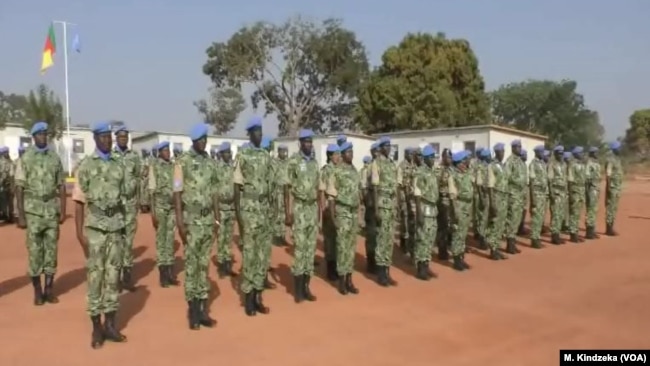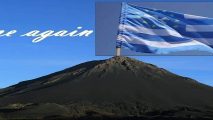29, January 2019
Congo-Kinshasa: 4 dead in student protests 0
Three students and a police officer have died in the southeastern of the Democratic Republic of the Congo during weekend clashes at a protest over water and power outages, according to an updated death toll by the presidency.
The violence was sparked after a large area, including Lubumbashi university, was left without water and electricity for three days because of damage caused to vital cables and pipes by torrential rains.
The students were also demonstrating over higher fees.
Clashes broke out on Sunday after police used tear gas and warning shots to try to disperse crowds of students returning from the governor’s residence in Upper Katanga.
“The provisional figures established by officials report four deaths, including three students and a policeman,” said Vital Kamerhe, chief of staff of new president Felix Tshisekedi, in a statement.
Tshisekedi was sworn in last Thursday, marking DR Congo’s first peaceful handover of power but only after chaotic and bitterly disputed elections.
Runner-up Martin Fayulu has dismissed the result as a stitch-up between Tshisekedi and outgoing president Joseph Kabila, who ruled DR Congo for 18 years.
The police officer who “ordered to shoot the peaceful students without warning” will be brought before a military court “to face the rigor of the law,” the statement said.
It added that increases to academic fees paid by the university’s 10,000 students had been “suspended.”
Water and electricity supplies have been restored to the university campus, according to students.
Earlier police reports had said one student was shot dead and a police officer died after being hit by an anti-riot vehicle.
(Source: AFP)


























29, January 2019
Art, Drama Help Children Who Survived Boko Haram Attacks 0
Growing mental health services for children who have survived Nigeria’s Islamist insurgency can help prevent future violence, aid agencies said Monday, although huge needs remain unmet.
In Niger’s Diffa region, about 250,000 people have fled fighting around Lake Chad where Islamist group Boko Haram has been waging attacks since 2009, according to the United Nations.
Two-thirds are children, many of whom have witnessed extreme violence and have no way to process their anger and trauma, said medical charity Medecins Sans Frontieres (MSF).
“We have many children who tell us, ‘When I grow up I’m going to revenge myself,'” said Yacouba Harouna, MSF’s supervisor of mental health activities in Diffa.
“This is why we say, better to act early than late.”
Boko Haram has targeted schools and abducted more than 1,000 children since 2013, according to the U.N. children’s agency, including, most notably, the abduction of 276 schoolgirls from the town of Chibok in 2014.
MSF works primarily with Nigerian refugees between the ages of 7 and 14 in Diffa, some of whom were kidnapped, said Harouna. Art and drama help them release their emotions, he said.
Many draw pictures of people being slaughtered or in combat.
The aid group expanded its work with children last year, carrying out 700 consultations between March and June. Children now make up 35 percent of its mental health patients in Diffa, but it is the only agency providing these services in the area and is nowhere near reaching everyone in need, Harouna said.
“Child protection and children’s support in conflict zones is already underfunded … and psychosocial support even less,” said Natalie Turgut, a policy and advocacy adviser for War Child, a U.K.-based charity for children affected by war.
The area is neglected because it requires more specific skills and training than other types of aid, but is just as important, she said.
“If this isn’t prioritized, it means that conflicts will continue,” Turgut said.
Reuters